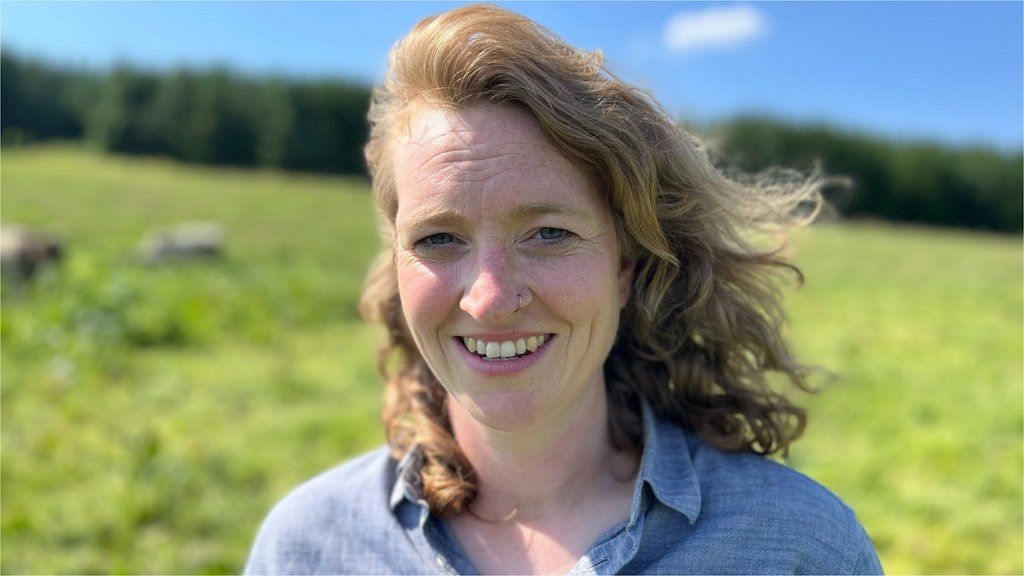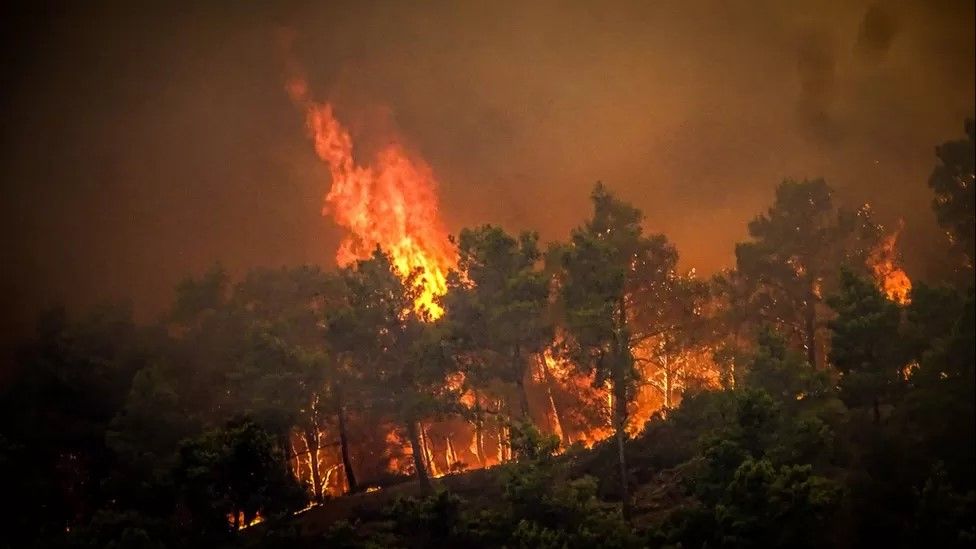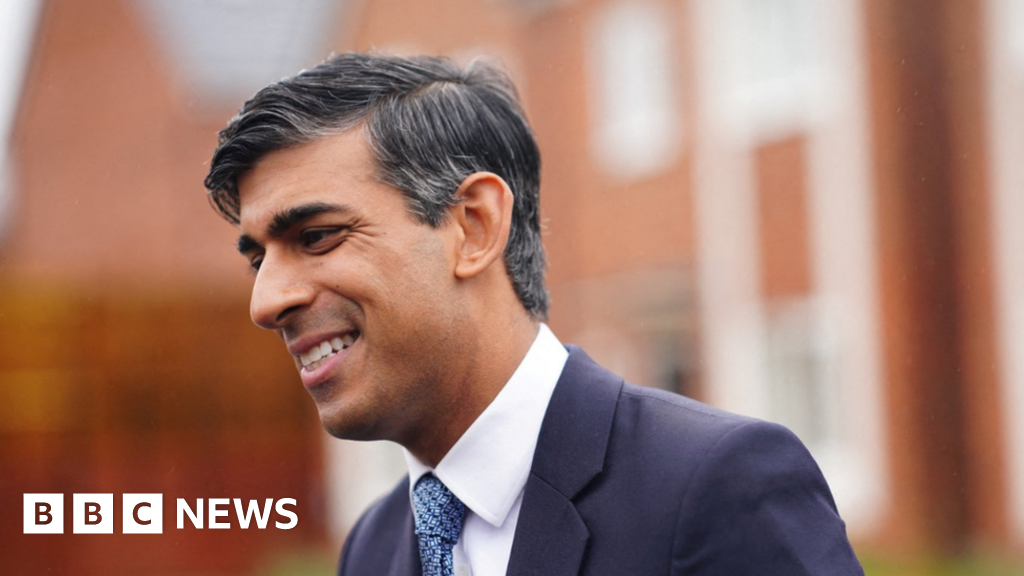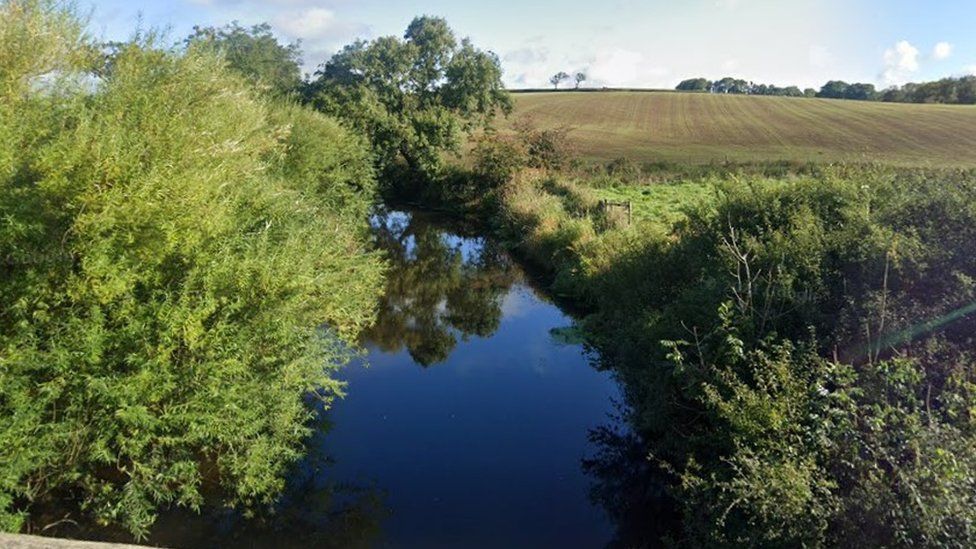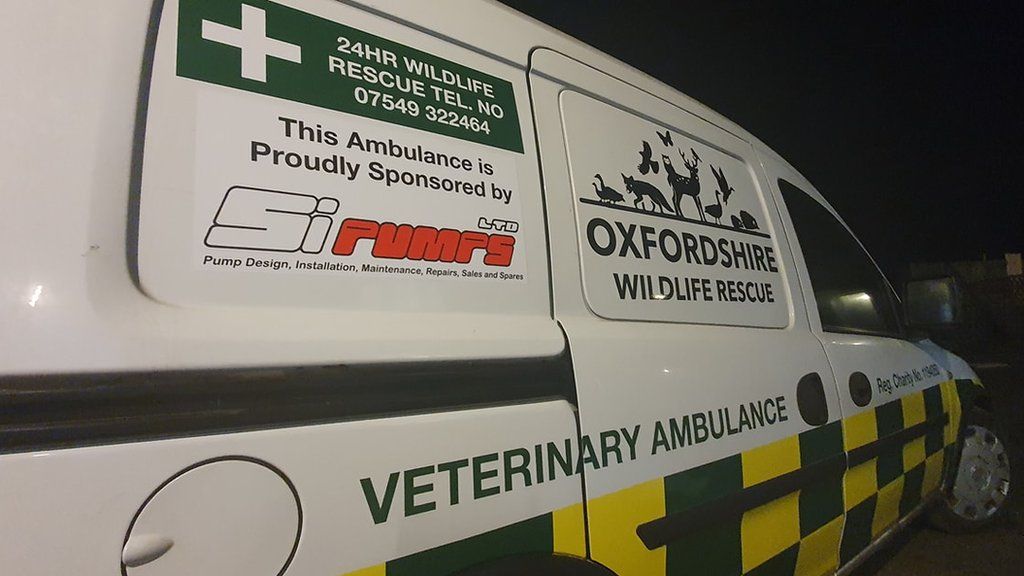This is not your typical farmer; this is Nikki Yoxall.
An agro-ecological grazier, she calls herself. She doesn't have a tractor, no sheds or barns, and she doesn't grow any crops.
Her herd of beef cattle is instead kept constantly moving across a variety of pastures at Glass in Aberdeenshire.
She also does not receive any direct government aid for food production.
Nikki wants to change the system to put more emphasis on protecting the environment.
She is in conflict with the opinions of many other farmers as a result, though. They have been pleading with the Scottish government to uphold the idea of direct financial support, supplemented by funding for environmental measures.
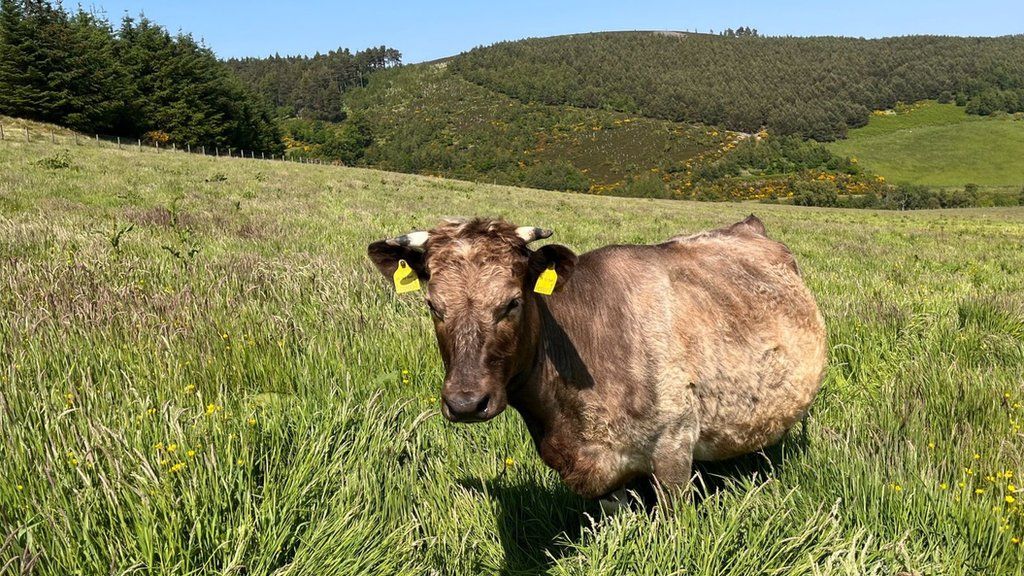
Due to her low input farming strategy, Nikki is able to maintain her livestock at a lower cost than she could on a conventional farm.
The animals are moved daily, either to a different field or a different area of the same field, and they are outdoors all year long.
Before the animals return to that patch, frequently months later, the ground has time to recover and turn into a haven for wildlife.
Because they have enough time to raise their young, ground nesting birds like skylarks and meadow pipits have been observed building their nests in the same fields.
Although Nikki's herd currently only consists of 30 animals, she is adamant that the grazing system she employs can be replicated on a larger scale, with some already using it with up to 180 animals.
Many people in Scotland would classify Nikki's method as "hobby farming" because the average herd size is around 200 animals, though she would disagree with that label.
Brexit has placed Scottish agriculture at a critical juncture.
A new subsidy program that will be developed and run out of Scotland will replace the EU Common Agricultural Policy.
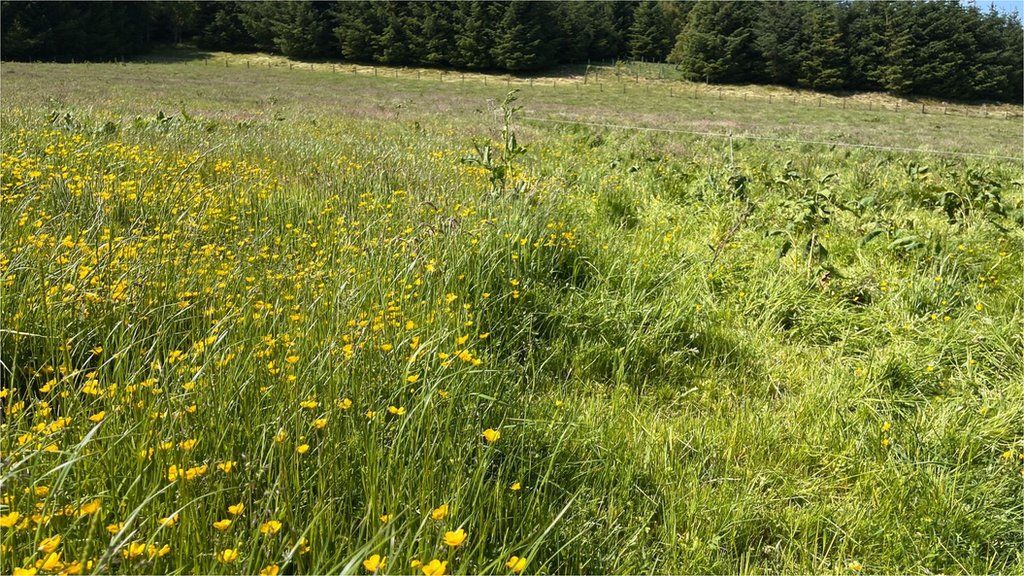
Some environmentalists worry that maintaining too much of the status quo won't bring about the necessary transformational change.
With three quarters of payments going toward initiatives to improve nature and combat climate change, Nikki wants to tip the scales in favor of environmental improvements.
The remaining sum would be paid to farmers directly to help them produce food.
I'm not sure we're moving in a transformative direction, and the mechanics of policy present a number of difficulties that make that very difficult, the speaker said.
"What we need to do is impose very strict requirements on that funding to ensure that nature and the environment are given priority,". ".
However, many farmers balk at the notion of adding more restrictions to farming.
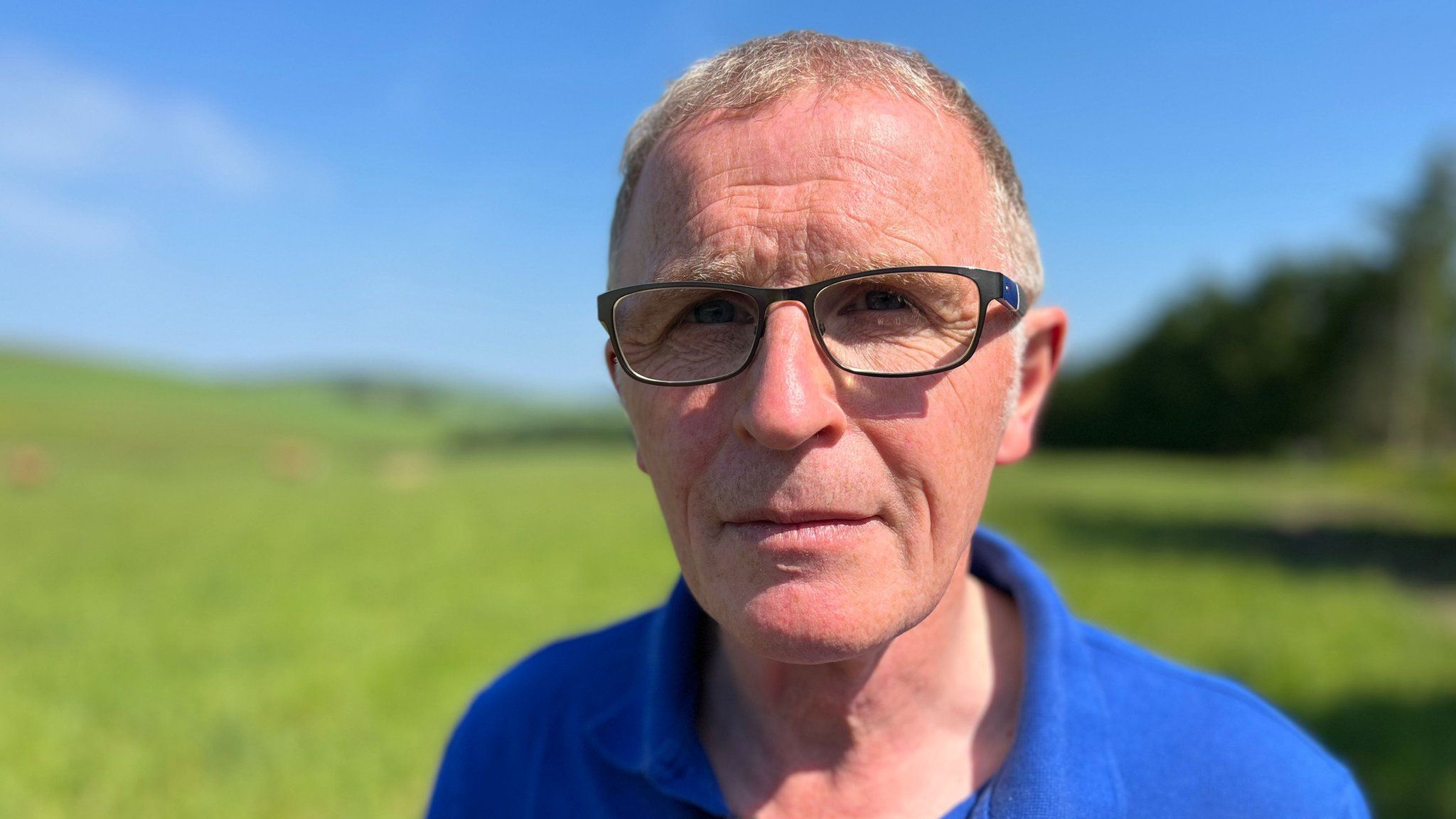
For them, the past few years have been an emotional roller coaster as the Ukraine War has driven up the cost of energy and fertilizer.
And they issue a warning that their businesses will fail if they are given an excessive amount of responsibility.
Nikki is only five miles from Gary Christie's farm.
He believes that without subsidies, his company would not have survived.
With a much larger herd and heavier continental Simmental cows, Gary runs a more traditional farm.
They only eat grass from the pasture from about May to October, when there isn't much grass left. After that, they must be kept inside.
Although it is a more expensive method of producing the beef, it allows him to sell more meat.
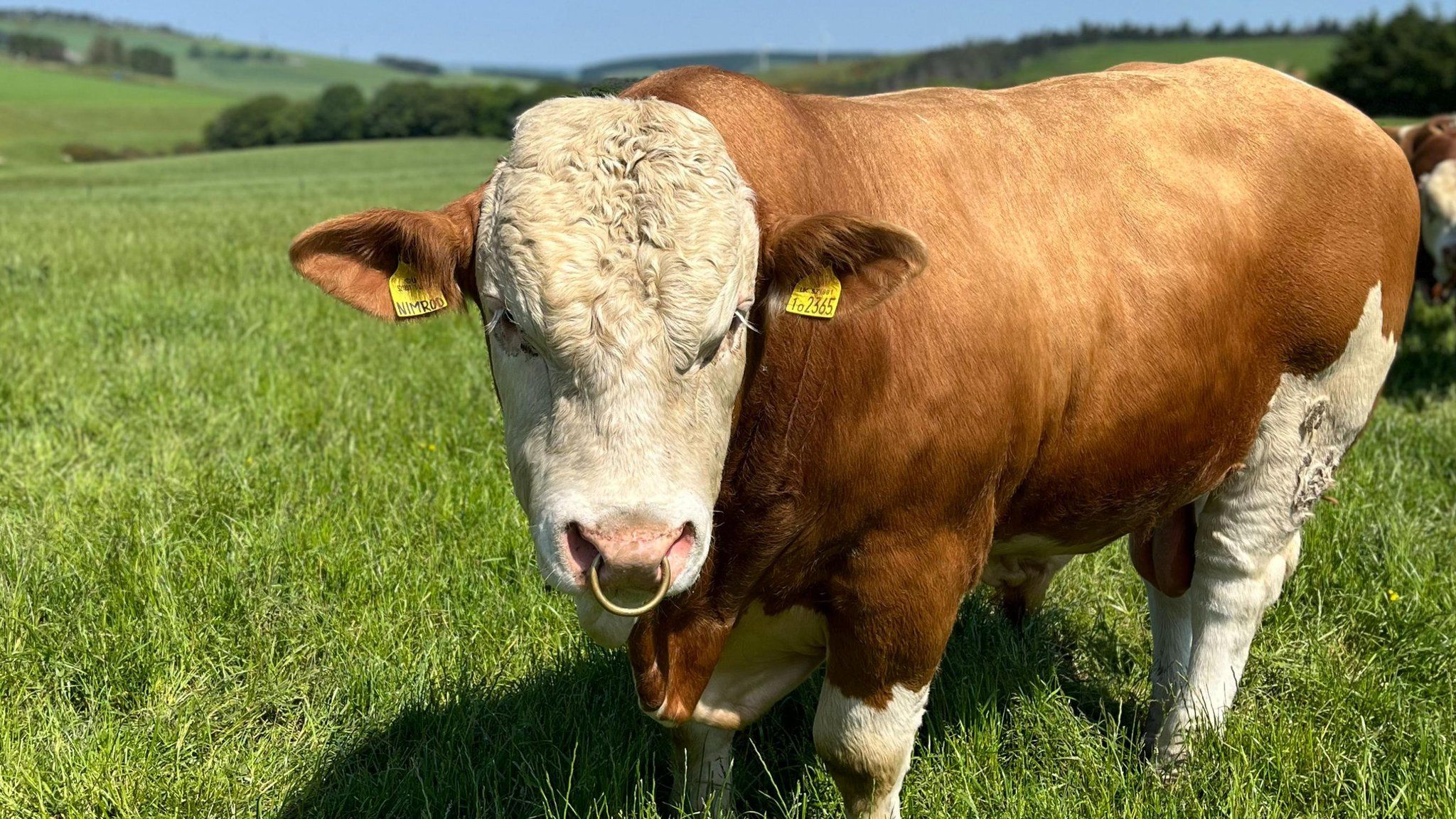
Gary, along with the farming union NFU Scotland, is pleading with ministers to exercise caution when tying too many pricey environmental requirements to subsidies.
According to them, this would render some businesses unprofitable. They would prefer that 80 percent of the money support food production directly by farmers.
"If a beef farm is profitable, it will deliver on food, deliver on climate, and deliver in nature," said Gary.
We are unable to turn green if we are in the red. ".
Gary acknowledges that farmers can probably do more to preserve and improve nature, but he insists that ministers must be clear about what they expect.
He claims that the assistance from the government is "vital to keep us afloat" and producing cheap food to feed the country.
All farmers agree that future farming policy, which has been in the works for many years, needs to be clarified immediately.
Agriculture necessitates stock investments that might not yield a return for three years. Many people worry about the uncertainty of the support that will be offered at the point of sale.
Farmers' leaders hope that ministers will use the yearly Royal Highland Show in Ingliston to provide some direction for the future.

